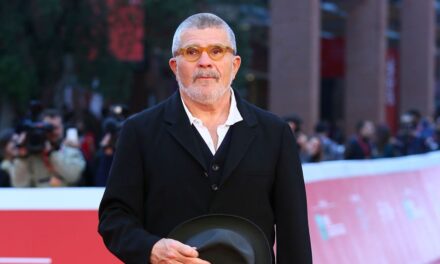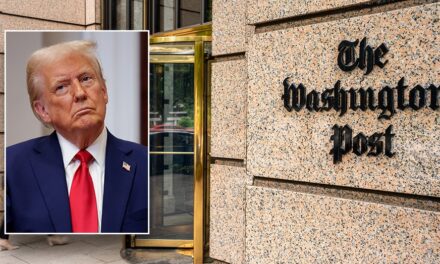A recent analysis has uncovered compelling insights into the coverage of political figures by ABC news anchor David Muir in the days leading up to a crucial debate. The study revealed an overwhelmingly positive portrayal of Vice President Kamala Harris, contrasted sharply with highly negative coverage of former President Donald Trump. This disparity in coverage has sparked discussions about media bias and its potential implications on public perception.
According to the findings, every segment about Vice President Harris during this period was positive, resulting in a 100% favorable coverage. Conversely, the study noted that 93% of the coverage concerning former President Trump was negative. These stark contrasts raise questions regarding the neutrality of media outlets, especially during high-stakes political events such as debates.
The coverage evaluation was conducted based on the content aired during “ABC World News Tonight with David Muir.” The programming, known for its wide viewership, holds significant influence over public opinion. The study’s methodology involved analyzing a representative sample of news segments, categorizing each one as positive, negative, or neutral based on its tone and content. The results highlighted a marked difference in the portrayal of the two political figures.
Media analysts and critics have long debated the role of news organizations in shaping political narratives. This recent study reignites this debate, as it shows a clear skew in presenting political personalities. Proponents of unbiased journalism argue that media outlets have a responsibility to provide balanced coverage, giving the public a fair perspective on all candidates and issues. Opponents, however, suggest that certain narratives might emerge naturally based on the actions and statements of the political figures themselves.
In the case of ABC and David Muir, the findings suggest that audience members might be receiving a one-sided view, especially in a politically charged atmosphere nearing a debate. Such skewed coverage could potentially influence voters and sway public opinion, thereby impacting democratic processes.
Supporters of Vice President Harris might argue that the positive coverage is well-deserved, reflecting her policies and achievements. On the other hand, Trump supporters are likely to view the negative portrayal as further evidence of media bias against him. This situation underscores the ongoing challenge of maintaining journalistic integrity while covering politically sensitive topics.
This study is part of a broader effort to monitor and evaluate media practices, ensuring transparency and fairness in news reporting. It offers a critical lens through which the public can scrutinize the information they consume. As political events unfold, the role of the media continues to be of paramount importance, with studies like this one playing a crucial role in holding news organizations accountable.
In the future, it will be imperative for media outlets to demonstrate an unwavering commitment to unbiased reporting. This includes providing equitable coverage of all political figures, allowing the public to make well-informed decisions based on a balanced presentation of facts. As the nation navigates through its political terrain, the call for impartial journalism remains more crucial than ever.
































